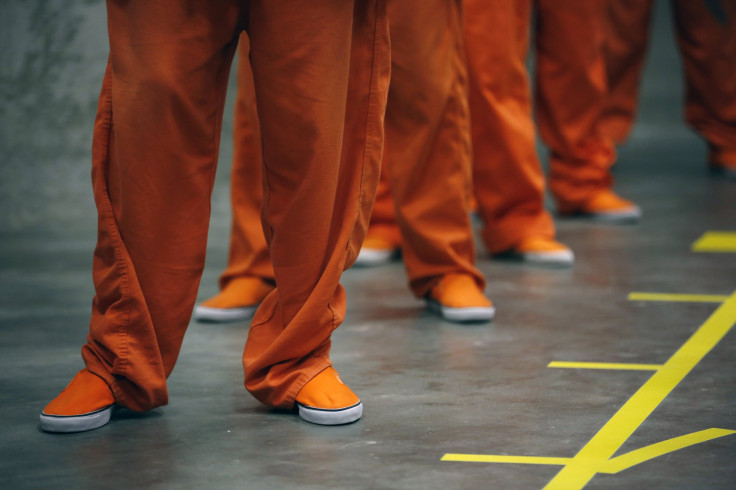Utah Firing Squad Execution: Judge Denies Death Row Inmate’s Appeal

A district judge denied Utah death row inmate Ron Lafferty’s appeal Friday in which he said that execution by firing squad is cruel and unusual punishment. Utah legalized the use of firing squad for death penalty in May as a backup in case lethal injections were not available.
Lafferty was handed a death sentence after a 1984 conviction for the murders of his sister-in-law Brenda Wright Lafferty and her 15-month-old daughter, Erica, in Utah County. The 74-year-old chose to die by firing squad when he was sentenced 30 years ago as such an option was provided to the death row inmates at the time.
However, his lawyers said that Lafferty was not legally capable of receiving such a death penalty. Lafferty had said that firing squad execution would lead to persisting, unnecessarily painful death, the Associated Press reported. U.S. District Judge Dee Benson wrote in his ruling that the U.S. Supreme Court never overturned a state's chosen method of execution as cruel and unusual and that Lafferty could appeal the execution method in Utah state court, according to AP
Utah is the only state in the U.S. that allows executions by firing squad if lethal injection drugs are not available. The Beehive State’s approval for firing squad executions met with criticism and the American Civil Liberties Unions called the move “brutal” and “barbaric.”
The last person be executed by the firing squad method was Ronnie Lee Gardner, who was convicted of murder in 1984. The 49-year-old was executed in 2010. Gardner’s execution grabbed media attention as he was the first death row inmate to be executed by firing squad.
© Copyright IBTimes 2024. All rights reserved.






















